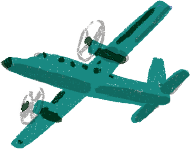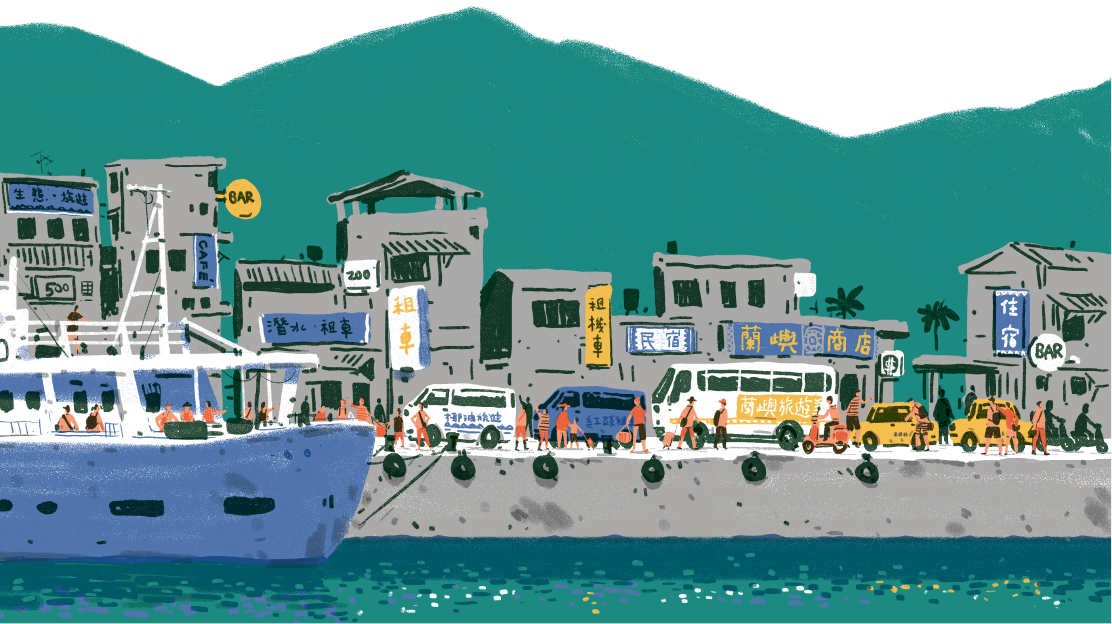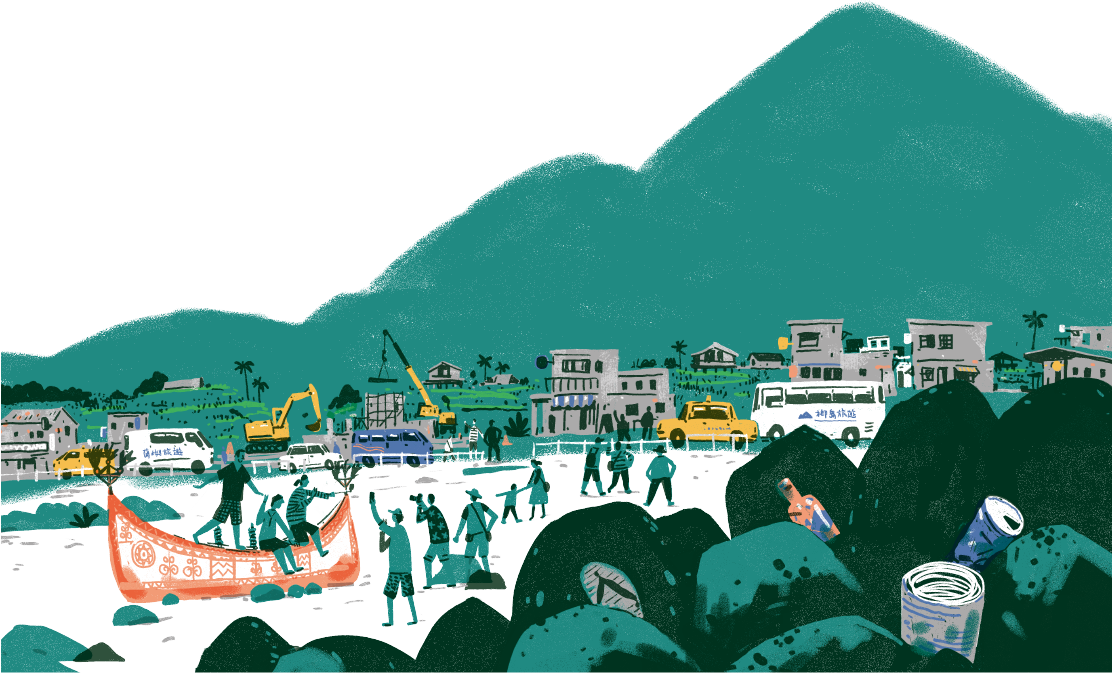
The earliest literature documenting Orchid Island is the Account of the Eastern and Western Oceans by Zhang Xie in the Ming Dynasty, in which he referred to Orchid Island as “Hong Dou Islet”. In 1988, Hengchun County magistrate Chou Yu-Chi included Orchid Island, then named “Hong Tou Islet”, as part of the Qing Dynasty territory, under Hengchun County. This was the official inclusion of Orchid Island in national territory, marking the beginning of colonization in Orchid Island.

From the Qing Dynasty, Japanese colonization, relocation of the Nationalist Government to Taiwan, to the current cultural tourism post-globalization, the Tao has experienced tremendous social and cultural changes. From many anthropological or ethnographical studies, we can see that Taiwan indigenous peoples were seen as a spectacle in society in the past, and the Tao a subject of observation and study. By the 1980s, with developments in commercial activities and tourism in Taiwan, indigenous peoples have in turn become the target of imagination and exploration as the contemporary society makes the pilgrimage for the other.
Since the Orchid Island Steamer first set sail in 1968, Taiwan Airlines and Lanyu Hotel followed, opening the curtain to the age of tourism in Orchid Island. Discussions regarding Orchid Island have turned from the historical perspective of the colonizer to cultural criticism based on tourism thinking.
The Cultural Impact and Collapse Under Globalization?
Having experienced the Japanese ruling period and Nationalist Government governance, Orchid Island was greatly influenced in terms of the political system, society, culture, and natural environment. During the Japanese ruling period, the Government-General of Taiwan set up an anthropological research zone in Orchid Island and prohibited development by outsiders. Meanwhile, the Tao people were taught the Japanese marine culture, knowledge, and concepts, with their life, customs, and areas of traditional activities confined. After the Nationalist Government came to Taiwan, Hong Tou Islet Township Office was established in 1946 with the Orchid Island Command set up to use the Tao traditional territories and followed with many incidents of persecution against the Tao. With the Indigenous land control policy lifted in 1967, Orchid Island was officially open to the public and outside investment began pouring into Orchid Island.
During the process of post-globalization tourism development worldwide, time/space is no longer an obstacle in the exploration and visit of places. The concept of “place” is explicitly described by Tim Cresswell, an English human geographer, in the book Place: A Short Introduction, “place stands for both an object (a thing that geographers and others look at, research and write about), and a way of looking. Looking at the world as a set of places in some way separate from each other is both an act of defining what exists (ontology) and a particular way of seeing and knowing the world (epistemology and metaphysics).” When looking at or understanding the liquid capital, tourism, visual culture/text, place, and identity under globalization, from what aspect should we take, look at or write about them?
Post-tourism Orchid Island also faces a problem, which the local indigenous people refer to as “outside investment”. Whether it's outside investment working with local Tao people, or outside tourism operators with standing development in Orchid Island, they are simply replicating the Taiwan-style “tourism industry”, including one-stop service operation, land development, cultural/natural tourism interpretation, or automobile rental service. On the one hand, this has caused tremendous impact on the accommodations operated by local indigenous people commercially and economically, on the other hand, traditional perspectives of the local culture are misunderstood. The enormous amount of garbage brought about by tourism, changes, and conflicts to traditional dietary culture are all inevitable consequences. For example, the traditional fishing ground regulated by elders during mivanwa, the fishing ceremony, is invaded and destroyed by commercial water activities. Tourists violating the taboo and touching the plank boat during the flying fish season also occurs all too often. The Tao people need to brainstorm on ways to protect the root of their culture so that it does not collapse and disappear.
In 2021, a few Tao persons were charged for catching the protected species Humphead wrasse, it was a violation of the Wild Conservation Act, and he made the news. In the news report, the media described them as killers of Taiwan's protected species, but how the traditional behavior of local indigenous people towards marine conservation was understood and seen has long been neglected and never discussed. The Tao has been living on Orchid Island for hundreds and perhaps a thousand years, they have their own system regarding the sustainability of the ocean, as Tao writer Syaman Rapongan once said, “We must learn of the temperament and nature of the ocean. We have the ocean DNA within us.” This is an embodiment of the Tao cultural concept when applied to their water territory, which is different from how the Taiwan society views the ocean.

The Gaze and Reflection of the Tao
After Orchid Island opened up to tourism, the coastline was destroyed, traditional land was used for commercial activities, the traffic chaotic during peak season, and the garbage was completely overloaded. It certainly did not help that some outside cultural tourism interpretations lack local knowledge and foundation in traditional culture, and many Tao people choose to work in the tourism industry for better business opportunities and livelihood, in turn spending less time on the maintenance and farming of traditional lands. Altogether, the ecological development and cultural heritage in Orchid Island were impacted. How to maintain the value of traditional culture and the sustainability of the ecological environment is the reality and challenges facing the Tao since Orchid Island embraced tourism.

Lanyu Township Office of Taitung County points out that the natural environment and traditional culture of the Orchid Island are well-preserved. We should really reflect on this.





